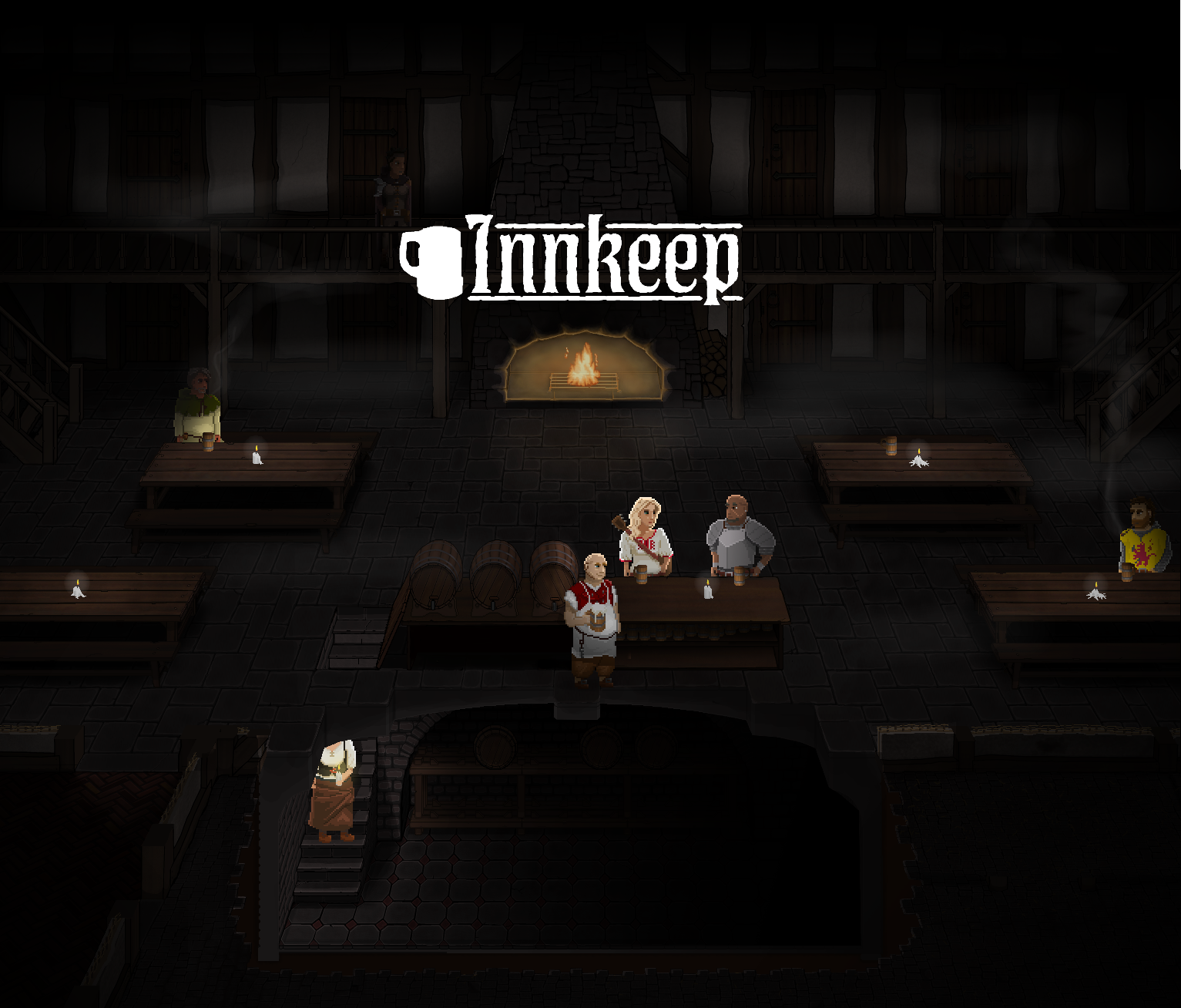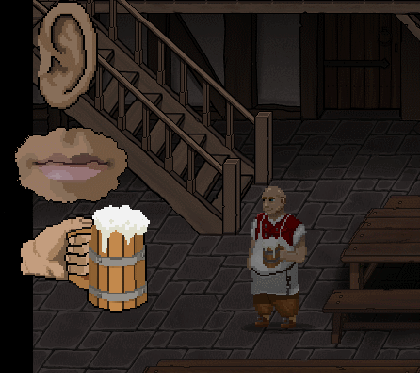What it says on the tin. What is politics? How are we to understand this element of human life? How can we define it? What are its extensions? Let me start with some thoughts of my own here. A basic definition of politics is very broad. If we head on over to Wikipedia, we get this definition:
Politics (from Ancient Greek πολιτικά (politiká) 'affairs of the cities') is the set of activities that are associated with making decisions in groups, or other forms of power relations among individuals, such as the distribution of resources or status.
Following this definition, human societies are, we might say, inherently political. This is because all societies have some form of power relations, and all societies have some manner by which decisions are reached, which is reflective of those power relations. From here we get the refrain: "
Everything is political." Which means, everything we do can be connected in some way to the structures of power that exist between people, and the decisions that we make on the basis of those structures, or about those structures.
Going forward, I will refer to this definition as the
basic definition. It appears to say something meaningful, but it is also very broad. Here I will make one important claim: as with many broad definitions,
I think this basic definition can actually work to obscure other alternative, more specific definitions of politics and the political. The Czech philosopher
Jan Patočka (1907-1977) has once such interesting alternative definition that I want to explore here. It concerns the connection between politics, myth, and philosophy. In his book
Heretical Essays in the Philosophy of History, Patočka argues that politics and philosophy have a unitary beginning. He understands both as arising out of
a shaking of accepted meaning. What he means is something like this: It is only once we start to question our myths, and with it the established social order, that we become aware that
we do not truly know. What does this mean?
For Patočka,
in the mythological world, answers always come before the questions. You can certainly ask a question. But it is a question posed to an established understanding. You can imagine an Ancient Egyptian or Archaic Greek child asking their parents why it rains, or what thunder is. There is an answer that can readily be given to such questions. In such a world, we certainly still have politics in the broad sense. Wherever there is a society, there is power, after all. But we do not have an awareness of the political dimension of human life as something distinct from our mythological framework. To extend on his point using my own language, the Emperor of Ancient China or the Pharaoh of Ancient Egypt was an intermediary between the powers of gods or heaven and the world of everyday human affairs. They were not rulers in the modern day sense. They were responsible for upholding order, or lawfulness, that is imbued with a kind of cosmological significance. For example, the Nile River needs to flood regularly, so that the surrounding land receives the rich silt that benefits agriculture. The Pharaoh was responsible for helping this to occur through ritual. Meanwhile, in China, too such flooding might become the thing that needs to be prevented, and the Emperor had his part to play here through performing the correct rituals. A mythological people are therefore
at home in the world. That is to say, the world makes sense for them, through their myths.
But in Ancient Greece, we see a kind of rupture with this mythological understanding, where a new space opens up.
A space where questions can come before the answers. Patočka thinks of politics and philosophy as having a unitary beginning, because
in the sense that he understands them, both activities are really only possible once this rupture has occurred. A space must first exist, within which questions can genuinely be asked, a space that refuses to be covered over once more by any new answer, that might assume the stature of myth, or absolute authority. This space is characterized by the mode of wonder. Hence we have the figure of Socrates in the
Theaetetus speak of wisdom beginning in wonder (
thaumazein). Patočka understands such wonder as a "wonder in the face of the world", a wonder about the fact that there even is a world to begin with, and a wonder about our own position in relation to it, a position defined by fundamental ignorance. Let's put it another way:
Only once we realize that we simply do not know, can we start to ask genuine questions. The questions we ask about the nature of things includes the nature of human affairs. What is justice? What is morality? What laws ought we to have? And why? No certain answer is available that everybody agrees upon, or that is sanctioned by an absolute central authority. Rather, different people offer different answers, and they attempt to justify those answers by
giving reasons.
To boil this down a bit: Patočka offers us a way of understanding the difference between "activities associated with making decisions" (the basic definition of politics), and
people actually gathering together and having arguments about such decisions. The former definition is so broad that it can encompass the actions of an ancient Theocratic Empire, as well as modern party politics. But the latter definition is focused specifically on the emergence of this awareness that we now have, that
we ourselves can (and must) decide how we ought to live. This understanding of politics, for Patočka at least, first appears for a time in Ancient Greece.
Some closing thoughts: I really appreciate how this narrow definition cannot be easily subsumed under some other specific (theoretical) interpretation of human beings as having a certain nature. We have a bunch of such interpretations that have emerged in modern times, and they have their associated interpretations of politics. For example, maybe we think of human society as a kind of organism, and politics as a process of mediation with the 'surrounding environment' (like classical pragmatism). Or maybe we think of human beings as 'inherently selfish', and therefore much of politics (understood as the mere organization of the social body) ought to be left up to the invisible hand of the market. Etc. In an age of scientism, naturalism, and (dare I say it) very partisan politics, we need to continually reinvigorate this "space for genuine questions." I also appreciate the connection this definition has to collective responsibility in the so-called modern age. We are the kind of being that
does not know. We might think this, or that. But ultimately, in the domain of politics, as with philosophy, all we have are our arguments. This situation calls on us to be responsible for ourselves and our beliefs. We can abrogate our responsibility, and refuse to engage with politics. We can try to retreat from it into modern myths, or unthinking tribalism, but that responsibility is there, nonetheless.





